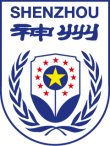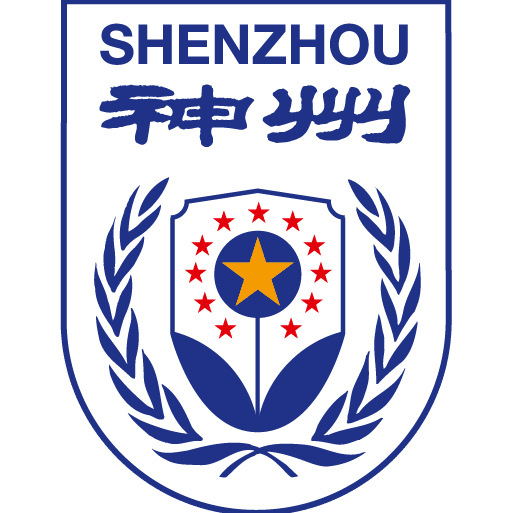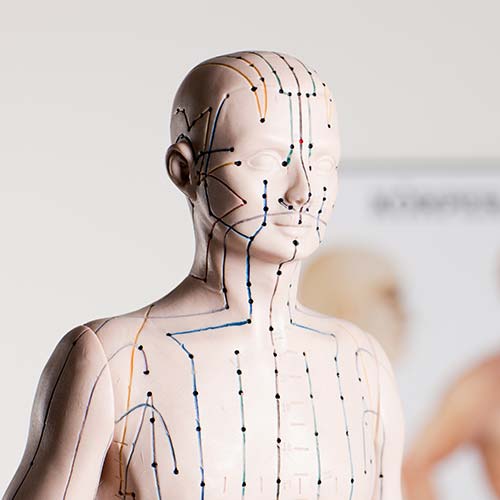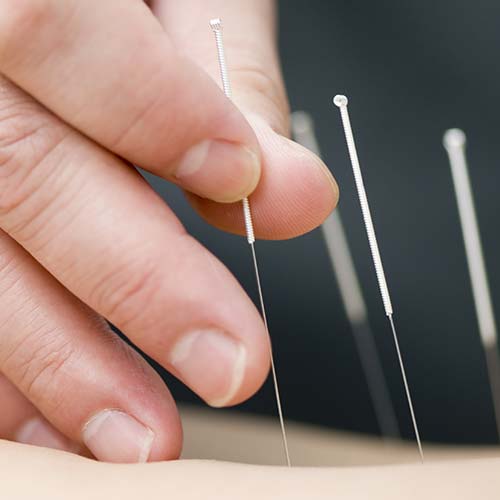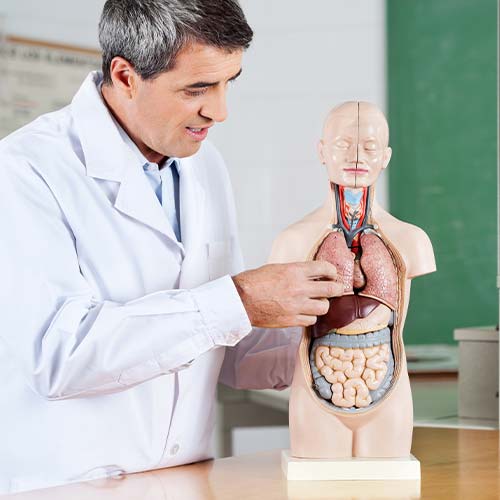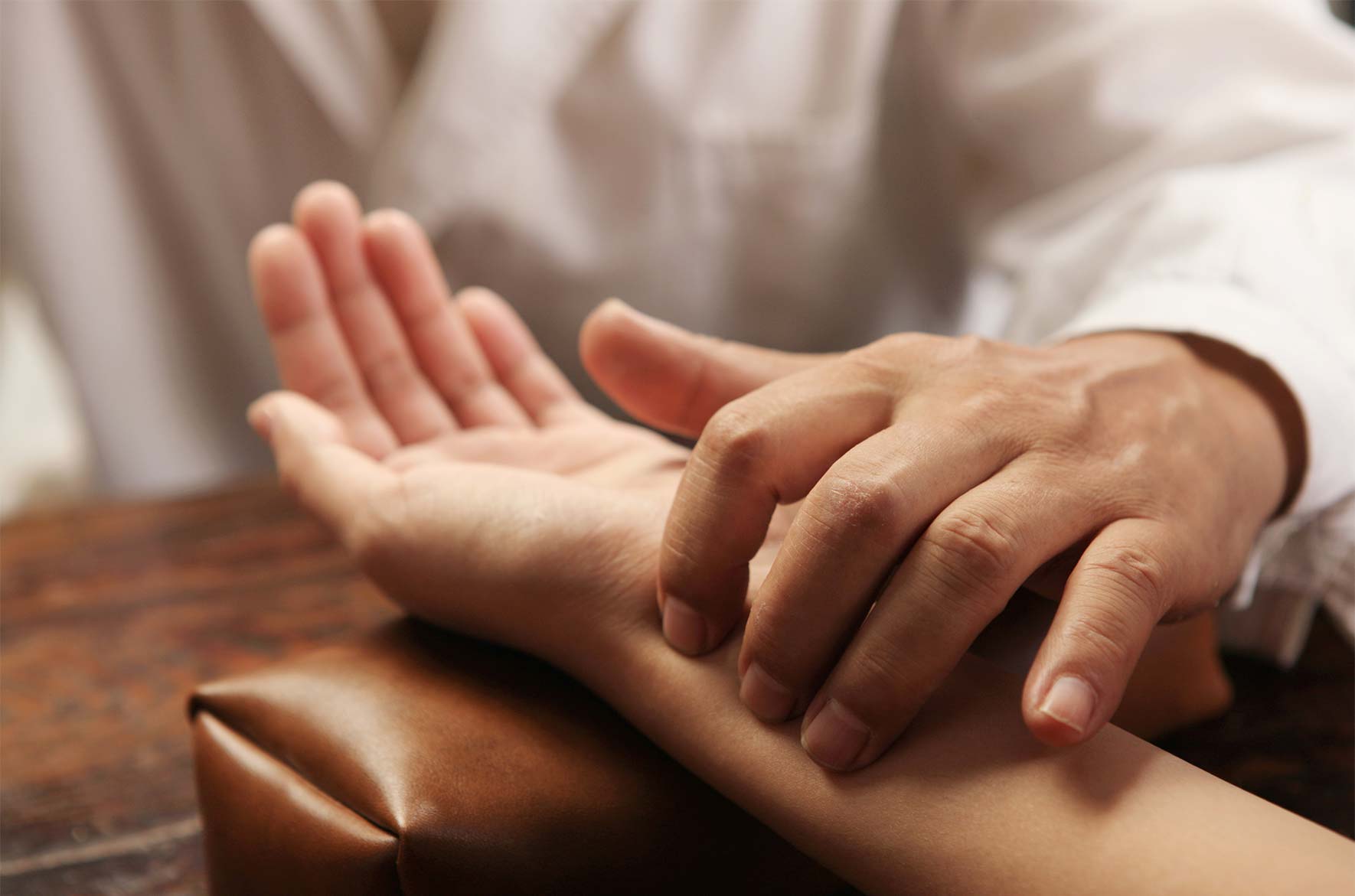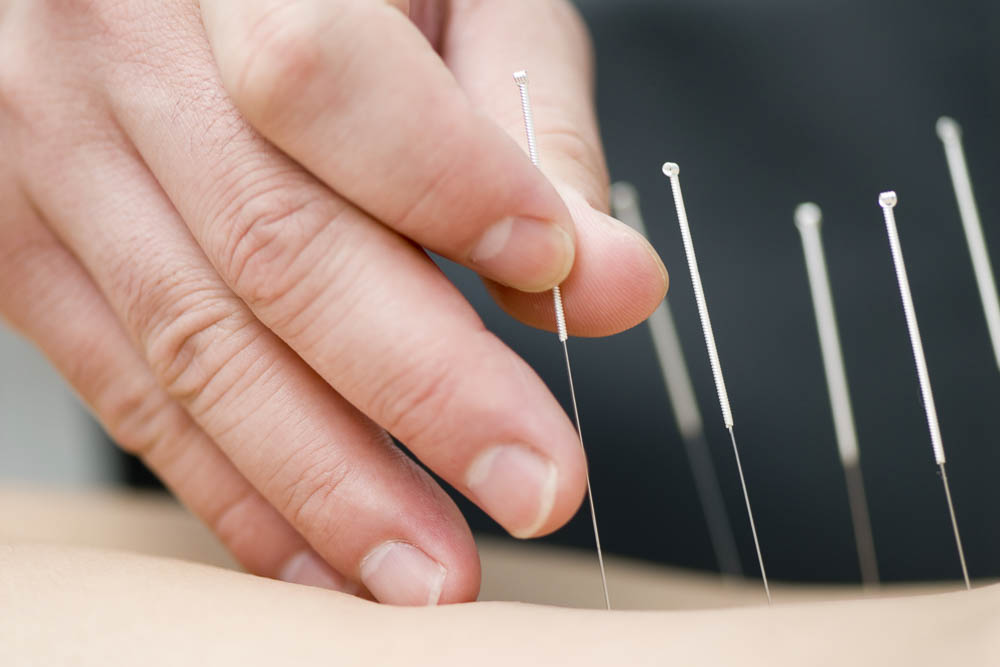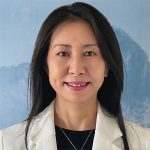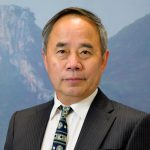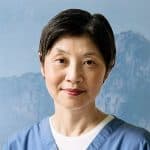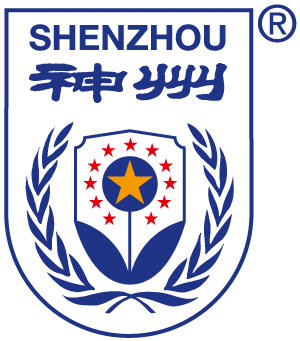Learn the Foundations of Chinese Medicine
During this course students are taught the basic concepts of traditional Chinese medicine and are introduced to Chinese philosophy which forms the cornerstones of TCM. This part of your studies is the necessary foundation to be able to study further, specializing in Acupuncture, Chinese Herbal Medicine or Tuina.
Study duration of 1 year
See Class Schedule
English spoken
The training is given in English.
Tuition fee is € 2.200,-
Important bridge from theory to clinic
The course, Foundations of Chinese Medicine, consists of basic theories such as Yin Yang and Five Elements, Zang Fu theory, TCM etiology, pathology and diagnosis. This class is an important bridge from theory to clinic.
In addition to the teacher contact hours you will work together with your fellow students in a Literature study group and practise together in the Interactive Practice groups. On top of that students can sign up for 5 practical days under supervision of a teacher. Already after a few months of theoretical training you can start to do apprenticeships in our clinic or at one of the external clinics approved by Shenzhou Open University of TCM.
"We educate students in accordance with the highest professional standards"
Meet your teachers
Below is a brief introduction of the teachers of the Foundation of Traditional Chinese Medicine Course. On the page Teachers and internship supervisors you will find an extensive introduction of all teachers.
Dan Tan
is a passionate and conscientious academic professional with extensive clinical practice and teaching experience within the Higher Education sector, mainly in the UK and China. Dan taught Chinese Medicine at Middlesex University in the UK for 15 years and at London South Bank University in the UK for over 3 years. Before moving to the UK, Dan qualified as a TCM Doctor in her native China and worked at the Beijing University of Chinese Medicine (BUCM). She has studied both Acupuncture and Chinese Herbal Medicine and holds qualifications for PhD in TCM Internal Medicine, Master’s degree in Medicine and Bachelor’s degree in Acupuncture.
Jidong Wu
Jidong Wu has worked as professor at Nanjing University of TCM and moved to England in 1993. Since then he has been academically and clinically active in the Chinese medicine field.
Cheng Hao Zhou
Cheng was trained at the Shanghai University of Traditional Chinese Medicine, and qualified in 1992 as Doctor of TCM. She worked in the Chinese Health Service for eight years and qualified as “Doctor-in-Charge” in 1998. She joined the NCA team in 2001 and soon acquired a reputation as an excellent practitioner with a sophisticated treatment style. Cheng has worked on various modules of NCA acupuncture and herb programmes, and been an External Examiner for other institutions. She provided an acupuncture service at the James Cook University Hospital Holistic Cancer Care Centre for more than 7 years. She was also an Accreditation Committee member at the BAAB. Cheng’s academic interest is in the clinical reasoning process of TCM which includes a focus on the impact of oriental culture, ancient Chinese philosophy and CM classics in modern practice. She combines a disciplined clinical approach with an open and supportive teaching style.
Be inspired to learn more about what Shenzhou Open University of TCM has to offer and are ready to embrace a new career path in your life.
Practical information about the Foundations of Chinese Medicine course
Lesson program
- Basic Characteristics of Chinese Medicine
- Yin and Yang
- Five Elements
- Zang Fu Organs
- Qi, Blood and Body Fluids
- Constitution (body types) in TCM
- Etiology and Pathogenesis of Chinese Medicine
- Tongue diagnosis
- Pulse diagnosis
- Other diagnostic methods
- Pattern Identification: 8 principles, Pathogenic factors
- Pattern Identification: Zang Fu Organs
- Pattern Identification: Qi, Blood and Body Fluids
- Pattern Identification: 6 stages, Triple Burners and 4 levels
- Establishing contact with the patients: attitude of the therapist
Practical training
Starting from the basic year during the class of Foundations of Chinese Medicine, students will be trained in case analysis, acupuncture techniques or Tuina manipulation according to the course of their choice. In addition, students need to complete extended mandatory clinical training as well.
2024-2025 Class schedule
Group A
Time 10.00 – 17.00 hr.
2024
- September: 28+29
- October: 26+27
- November: 23+24
- December: 21+22 (on line)
2025
- January: 25+26 (online)
- February: 22+23 (Midterm Exam)
- March: 22+23
- April: 12+13 (online)
- May: 24+25
- June: 14+15
- July: Final Exam
Group B
2024
- September: 21+22
- October: 12+13
- November: 16+17
- December: 7+8 (online)
2025
- January: 18+19 (online)
- February: 15+16 (Midterm Exam)
- March: 15+16
- April: 5+6 (online)
- May: 10+11
- June: 21+22
- July: Final Exam
Please note: we plan our courses carefully but unforeseen situations can occur during the study year. Therefore schedules are subject to change. Shenzhou reserves the right to modify the schedule at all times. Courses might be suspended in case the number of registered students is insufficient.
Study requirements
Each TCM education has the following study requirements:
- Teacher contact study
- Self study
- E-learning
- Clinical apprenticeship
- Interactive practice
- Literature study group
- Homework
- Examination
This means that in addition to the ten teaching weekends per study year, the student needs to spend a substantial time for self-study, (practical) group study and apprenticeship.
Study material and study books
Students have to purchase a number of books and for Western Medicine, a mandatory reader. Extended syllabi will be distributed during the course via the student-site.
Below, only the mandatory study books are listed. After registration you will also receive a list of books which are optional.
Please do not purchase books from this list before your registration.After your registration our study coordinators will inform you about the most recent list of mandatory books with additional information such as edition and ISBN numbers!
- Essentials of Chinese Medicine: Volume I, Z.W. Liu
Accreditation
All our English and Dutch TCM-programmes have been fully accredited by the independent accreditation organisation SNRO with 200 EC according to the newest higher professional education standards (HBO).
Together with our SNRO accredited Western Medicine courses this leads to a total of 240 EC. This enables our graduates to operate at a similar level as HBO bachelor graduates in the Dutch health care system as well as being able to give VAT-free health treatments.
